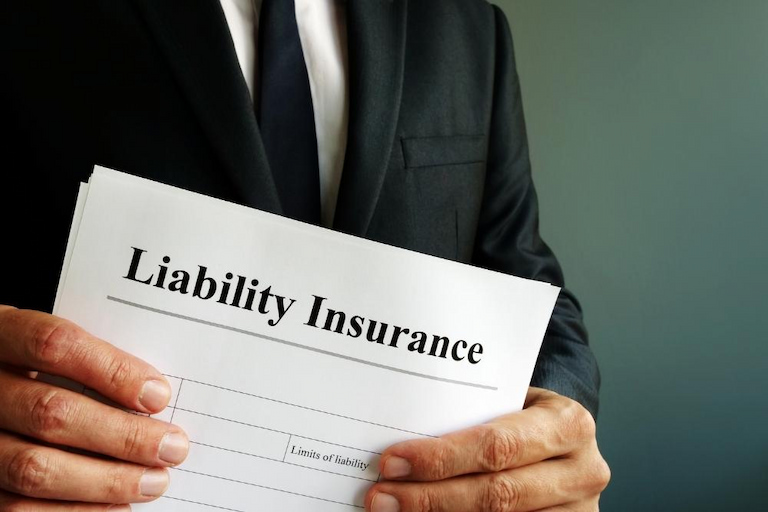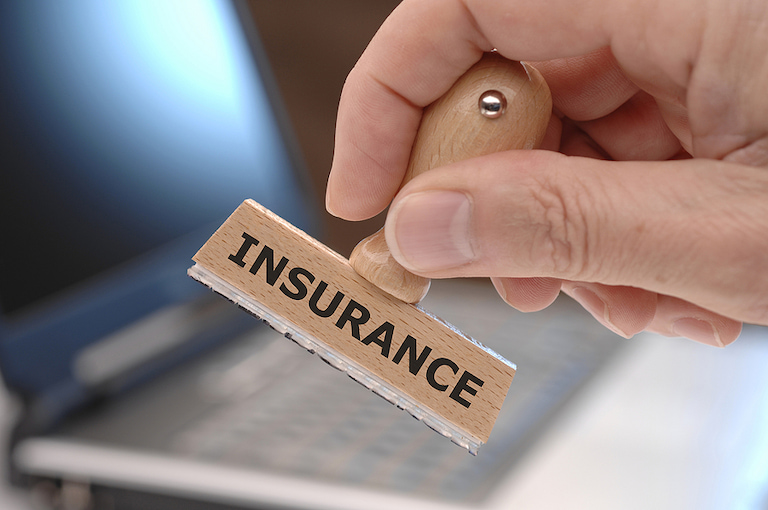Contents
Running a business, big or small, comes with certain risks that are often beyond your control. Incidents happen all the time – a customer may trip over an item at your premises, an employee could damage a client’s property, or an advertisement may be unintentionally misleading. These situations could cost your business a lot if you don’t have the right insurance coverage.
Liability insurance protects your business in cases where you are deemed liable for third party personal injury or property damage. What does this type of insurance cover and why does your business need it?
What Is Liability Insurance?

General Liability Insurance, commonly known as Public and Product Liability, is designed to protect businesses against claims of personal injury or property damage that occur as a result of the business’s operations. It covers compensations you are liable to pay to a third party as well as any reasonable legal fees incurred. This type of Liability insurance is essential for businesses that interact with the public, whether on their premises or elsewhere.
What Does Public Liability Insurance Cover?
Public Liability Insurance can extend to all employees, directors and partners of the business that are conducting activities in the general course of business, and typically covers for:• Injury to a third party: If a customer, visitor, supplier, or member of the public is injured due to your business operations, claim payments include medical costs and compensation for lost income when the third party is unable to work for a period of time.• Property damage: If your business activities cause damage to someone else’s property, the insurance will cover the costs to repair or replace the third-party property.• Legal costs: The expenses associated with investigating and defending against a liability claim, including lawyer fees and court costs.
Who Needs It?
Virtually every business that interacts with the public should consider Public Liability Insurance. This includes retail stores, restaurants and cafes, construction companies, event organizers, professional service providers (e.g., consultants, accountants), tradespeople (e.g., plumbers, electricians), health and beauty professionals, and more. Even home-based businesses that have clients visit or perform work at client locations should consider this coverage.
What Is Product Liability Insurance?
This type of coverage protects businesses against claims of personal injury or property damage caused by products sold, supplied, or manufactured by the business. This insurance is crucial for businesses involved in the supply chain of products, from manufacturers to retailers.
What Does It Cover?
Product Liability Insurance typically covers:• Injuries to a third party caused by the product: If a customer is injured while using a product you manufacture, import or create.• Property damage caused by the product: If the product you manufacture or import damages someone’s property because it’s faulty or fails to perform as intended.• Legal costs: When a claim is brought against your business, you have to respond. This insurance covers expenses related to investigating and defending against such claims.
Who Needs It?
If your business is involved in the design, manufacture, distribution, or sale of products, you should consider Product Liability Insurance. This includes manufacturers, importers, wholesalers, retailers, online sellers, and food and beverage producers. Under Australian laws, even if you’re not directly manufacturing products, if you’re part of the supply chain, you could be held liable for damages caused by the products you sell or distribute.
The Importance of Both Types
Although public and product liability are two distinct types of insurances, they often go hand in hand and many insurance companies offer combined policies that cover both. This comprehensive coverage is particularly important because it provides broader protection, which means that businesses are covered against a wider range of potential claims. It can also be more cost-effective as combined policies often offer better value than purchasing separate ones. Having one policy for both types of liability can additionally simplify managing your coverage needs.
Recommendations for Businesses

- Evaluate your risk: Every business is unique, and your insurance needs may vary based on the industry your company’s in, the goods you sell, and how much contact you have with the general public. Perform an adequate risk assessment to understand your particular liabilities.
- Know your legal requirements: In Australia, some industries and contracts require specific levels of business liability insurance. Be sure to know what legal or contractual requirements pertain with regard to your business.
- Review and update regularly: As your business grows and changes, so do your risks. Review your insurance coverage every year and update it as necessary.
- Consider other coverages: Depending on your business, you might need additional protection, such as Professional Indemnity Insurance or Cyber Liability Insurance.
- Implement risk management strategies: Insurance should be part of a broader approach in the area of risk management. Safety protocols, quality control measures, and clear communication practices all serve to reduce your risk of having to face a claim.
- Seek professional advice: Insurance can be a complex purchase. Liability insurance brokers who specialise in business insurance will ensure you have the right cover for your needs and inform you on what the policies do not cover or any possible exceptions.
Takeaway
Public and Product Liability Insurance are essential components of a risk management strategy for businesses. While they represent an additional cost, the protection they offer can be invaluable in the face of potentially devastating claims. Remember, insurance is not just about meeting legal requirements; it’s about securing the future of your business and providing peace of mind. In today’s litigious society, having the right coverage can make the difference between a minor setback and a major business crisis.

